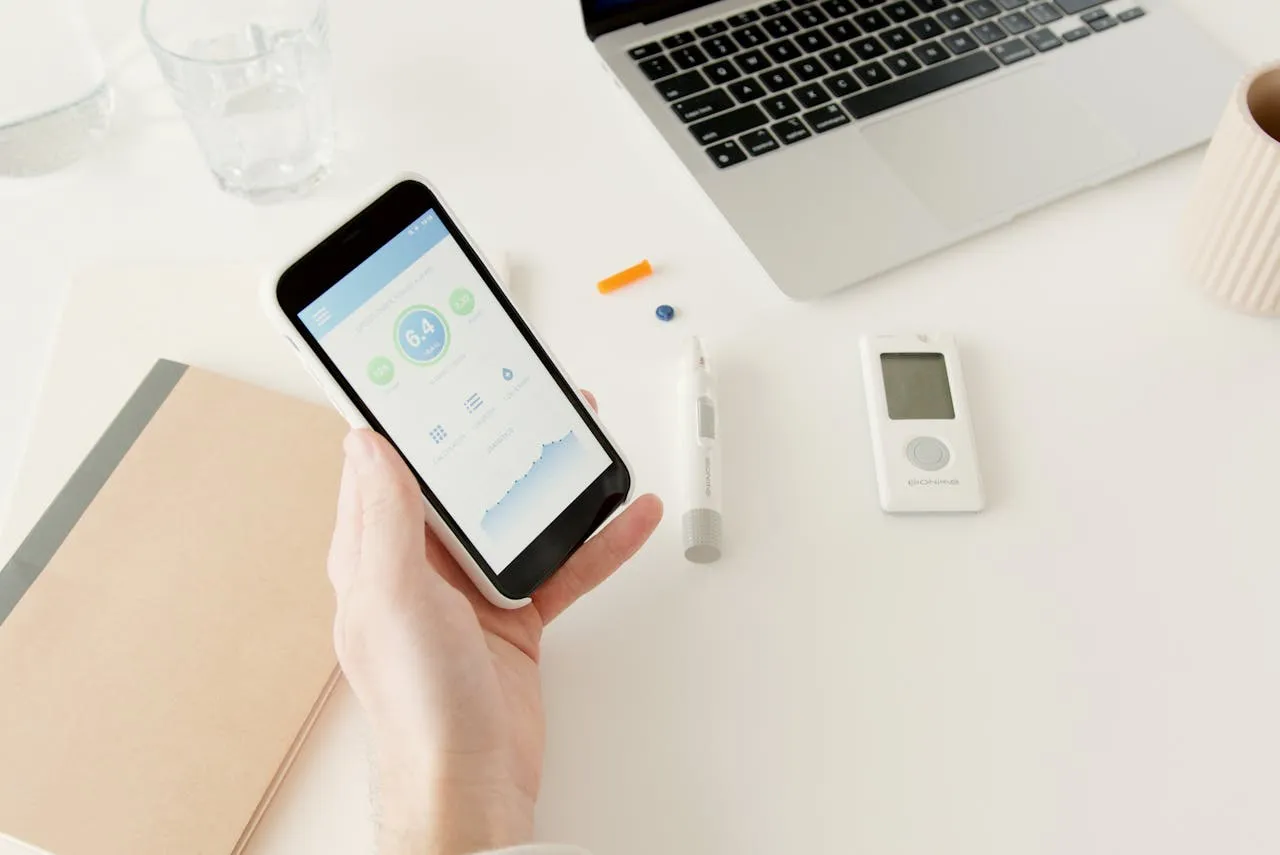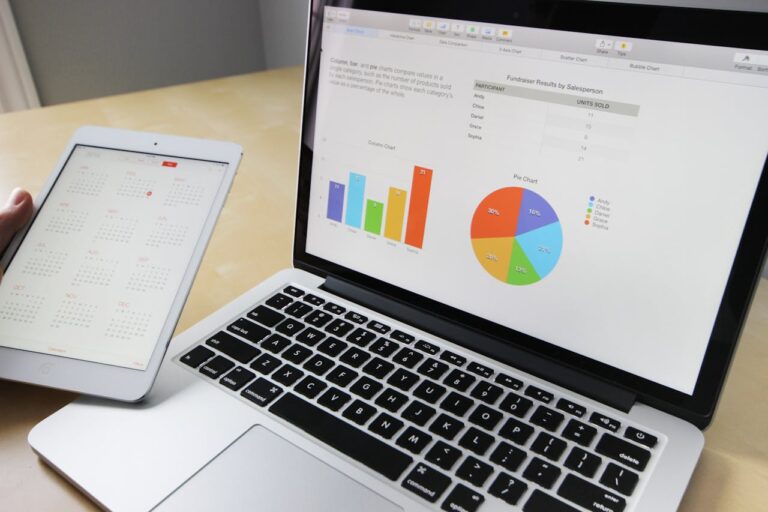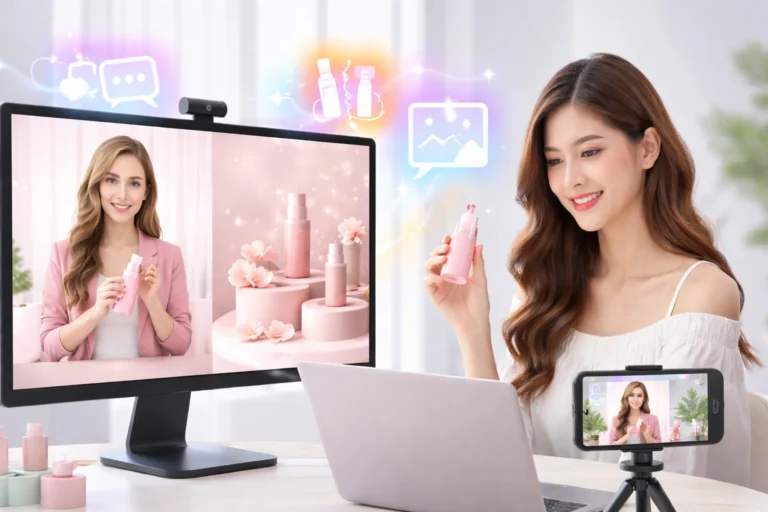
Consumers’ Growing Reliance on Personal Medical Devices: Insights from Propel Software Survey
Propel Software, the pioneer behind the first Product Value Management (PVM) platform that reshapes how businesses develop, market, sell, and service products, has released eye-opening data from a recent consumer medical device survey. This research underscores the crucial role that medical devices play in consumers’ lives, demonstrating their growing dependence on these tools for essential health feedback and early detection of potential medical conditions.
Understanding Consumer Sentiments on Medical Devices
Propel Software The comprehensive survey, commissioned by Propel Software and conducted by Propel Software Talker Research, assessed the views of 2,000 American consumers regarding their awareness, purchasing behaviors, and reliance on personal medical devices. The findings highlighted a broad spectrum of knowledge among consumers, with traditional medical devices like blood pressure monitors (88%), heart rate monitors (86%), and blood-glucose monitors (84%) widely recognized. However, fewer respondents were aware that everyday items such as electric toothbrushes (33%), baby monitors (20%), and smartwatches or smart rings (18%) also fall within the category of medical devices.
This gap in Propel Software awareness suggests that while consumers are increasingly reliant on health-monitoring technology, many do not fully grasp the extent to which common household items contribute to personal healthcare. This disconnect presents a unique opportunity for both medical device manufacturers and consumer technology companies to better educate the public on the medical applications of these products.
How Consumers Define Medical Devices
The survey also explored how consumers perceive and define medical devices. Responses varied significantly:
- 40% of respondents defined medical devices as “any device that can track health information.”
- 27% described them as “any product that interacts with their body.”
- 20% believed medical devices are “specifically designed and used in hospital settings.”
Propel Software These responses reflect a broad understanding of what constitutes a medical device, but also indicate a level of confusion that could impact consumer purchasing decisions. As the line between traditional medical equipment and consumer health tech continues to blur, clearer education and marketing strategies will be essential to bridge this knowledge gap.
Medical Devices as Early Warning Systems
Propel Software One of the most compelling insights from the survey was that more than one in four consumers (28%) reported having had a personal medical device alert them to a potential health issue. This demonstrates how personal health devices are evolving beyond basic tracking tools into critical early warning systems for serious medical conditions.
For those who received alerts:
- 84% found the data to be “extremely” or “very” valuable.
- 76% successfully obtained a medical diagnosis after consulting with a healthcare provider.
These findings underscore the growing trust consumers place in their personal medical devices. The ability of these devices to provide real-time, actionable health data is revolutionizing personal healthcare, making proactive health management more accessible than ever before.
The Growing Impact of Consumer Health Technology
As technology continues to advance, medical device manufacturers are rapidly adapting to shifting market dynamics and consumer expectations. More tech-driven companies are entering the healthcare space, capitalizing on consumers’ demand for real-time health data and early disease detection.
Chuck Serrin, Vice President of Industry Marketing, Medical Device & Life Sciences at Propel Software, commented on this rapid evolution:
“The knowledge and speed at which these devices – from blood pressure and glucose monitors to baby monitors – provide consumer feedback continues to accelerate. It’s fascinating to witness how medical device manufacturers are quickly adapting to market and consumer preferences. At the same time, consumer product companies are increasingly entering the medical device market.”
This shift is not only redefining the traditional medical device sector but also reinforcing how integrated technology is becoming in daily healthcare management. As innovation continues, wearable devices and smart home health technology are expected to play an even larger role in personal wellness.
The Role of Reviews and Medical Endorsements in Consumer Trust
Another key takeaway from the survey was the importance of credibility when it comes to medical devices.
- 71% of respondents said they are more likely to trust and purchase a medical device if it has been reviewed or recommended by a doctor.
- Consumer reviews also play a significant role in shaping purchasing decisions, with many consumers relying on positive feedback from other users before making a purchase.
This insight highlights the necessity for medical device manufacturers to ensure their products are not only effective but also endorsed by healthcare professionals. Building trust through medical validation and favorable consumer reviews can significantly impact sales and market adoption.
The Future of Personal Medical Devices
As reliance on personal medical devices grows, industry leaders must prioritize accuracy, accessibility, and integration with broader healthcare systems. Several trends are shaping the future of the market:
1. Expansion of Wearable Health Tech
Smartwatches, fitness trackers, and other wearable devices are becoming increasingly sophisticated, incorporating features such as ECG monitoring, oxygen saturation tracking, and even early atrial fibrillation detection. These innovations enable consumers to take proactive steps toward managing their health before a serious issue arises.
2. AI-Powered Health Insights
With artificial intelligence playing a larger role in healthcare, medical devices are evolving to provide more than just raw data. AI-driven analytics can interpret trends, predict health risks, and offer personalized recommendations based on real-time inputs, providing consumers with actionable insights.
3. Enhanced Connectivity with Telemedicine
The rise of telehealth services has accelerated the need for medical devices that seamlessly integrate with virtual healthcare platforms. Many modern devices now offer cloud-based data sharing, allowing physicians to remotely monitor patient health metrics and offer timely interventions.
4. Regulatory and Safety Considerations
As more Propel Software consumer technology companies enter the healthcare space, regulatory agencies are expected to enforce stricter guidelines to ensure safety and efficacy. Companies must navigate these regulations carefully to maintain consumer trust and compliance with evolving healthcare laws.
Propulsion 2025: Exploring the Future of Medical Device Innovation
To help businesses stay ahead in this rapidly evolving landscape, Propel Software is hosting Propulsion 2025, an annual event designed to uncover market trends, predictions, and best practices from industry experts. This year’s event will be held in Chicago from May 20–22, bringing together leading voices in the medical device industry to discuss the future of health technology and product innovation.
Attendees will gain insights into how companies can leverage cutting-edge technology to drive product success, streamline development, and meet consumer demands.
Final Thoughts
Propel Software’s survey data reinforces that personal medical devices are no longer optional luxuries but essential tools in proactive healthcare management. Consumers are increasingly depending on these devices for real-time health monitoring, early warning detection, and data-driven medical consultations. As technology advances, medical device manufacturers and consumer health brands must adapt to these shifts by prioritizing innovation, credibility, and seamless integration into the broader healthcare ecosystem.
With consumer trust at stake, companies that successfully balance technological advancements with regulatory compliance, user-friendliness, and medical endorsements will lead the next generation of personal health devices. The transformation of personal healthcare is well underway, and as more consumers embrace these innovations, the future of medical devices looks more promising than ever.







